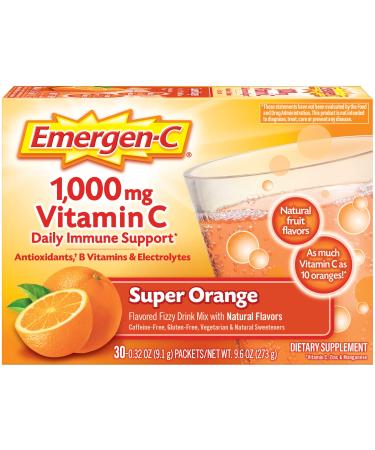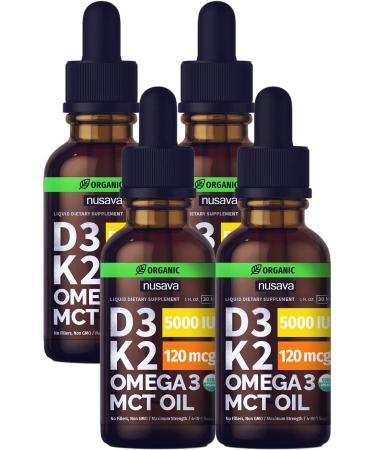Provides superior form of zinc that does not compete with the absorption of other minerals* Like many other trace elements, zinc is available for supplementation in many forms, including zinc sulfate, zinc gluconate, zinc acetate, and zinc oxide. While zinc gluconate has been known to have superior bioavailability compared with lesser forms, such as zinc oxide, new studies have revealed that zinc bisglycinate chelate was more bioavailable than zinc gluconate. Benefits of mineral amino acid chelates such as zinc bisglycinate, display various characteristics that help overcome main problems that often occur with mineral supplementation: tolerability, bioavailability, and stability. Gandia et al were able to demonstrate that zinc bisglycinate was more available to the body providing up to 1.4 times greater absorption than zinc gluconate.*
Helps support healthy immune function*
Zinc is an essential trace element that functions in the body as a cofactor_x000D_
for over hundreds of enzymes and as a structural element for a variety of proteins. It is well-known that zinc deficiency can result in growth retardation, delayed wound healing, and high incidence of infection; the latter points are due to its importance for the immune system.* Moreover, zinc is crucial for the functioning of virtually all immune cells. For example, zinc is an essential component of thymulin, a thymic hormone involved in maturation and differentiation of T-cells. Zinc supplementation has been shown to promote regulatory T-cell development therefore having a positive effect on the immune system.* Many studies have shown the importance of zinc in supporting and enhancing the immune system. These studies have also demonstrated the importance of maintaining an adequate zinc status in elderly population since our immune system is more susceptible to weakening as we age.*
CLINICAL STUDIES
A pilot study was conducted to compare moderately high dose supplementation of zinc gluconate to zinc bisglycinate among active young adult women. They received 60 mg of zinc supplementation daily as bisglycinate, gluconate, or placebo for six weeks. At the end of the study, it was found that zinc bisglycinate had a greater impact on zinc plasma status than zinc gluconate.*
A randomized, double-blind, placebo-controlled trial evaluated the effect of zinc supplementation on serum zinc concentration and T-cell proliferation among thirty-one elderly participants in nursing homes. Results showed that the increase in serum zinc concentration was associated with the enhancement of T-cell function mainly because of an increase in the number of T-cells. This study confirms the beneficial effect of zinc supplementation in supporting immune health among zinc-deficient elderly in nursing homes*




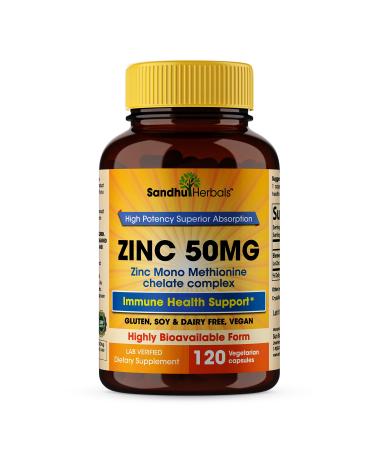
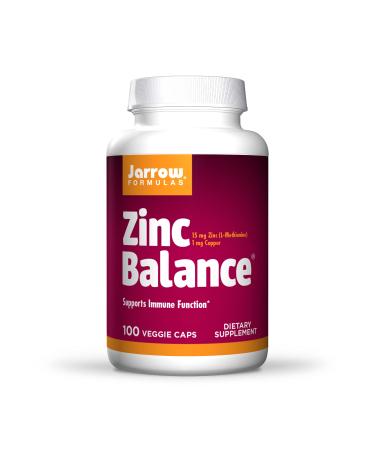
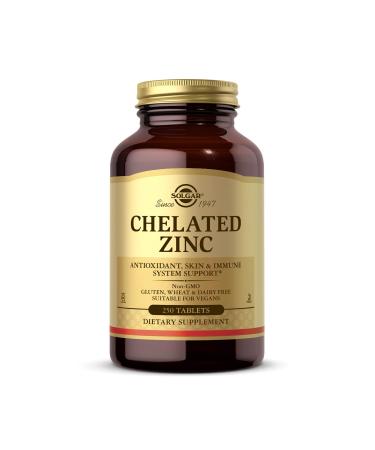








![Stewart Freeze Dried Dog Treats Made in USA [Single Ingredient Puppy and Dog Training Treats - Grain Free Natural Dog Treats] Resealable Tub to Preserve Freshness](https://www.gosupps.com/media/catalog/product/cache/25/small_image/375x450/9df78eab33525d08d6e5fb8d27136e95/6/1/61gwbbixarl._ac_sl1500_.jpg)
